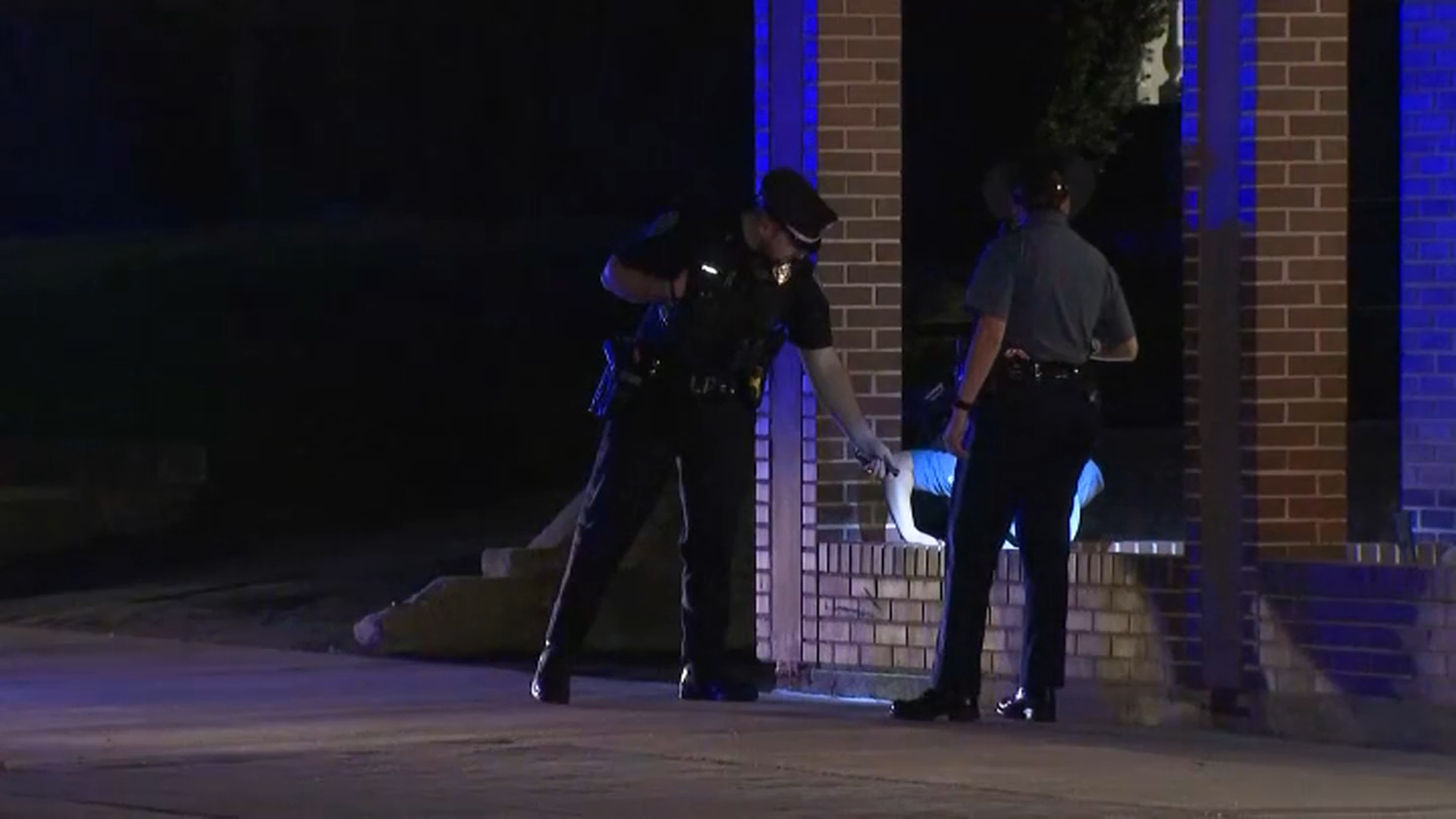Thousands of families across the commonwealth are celebrating Massachusetts becoming the 5th state to make prison and jail calls, free.
The bill, which passed on November 16th, officially goes into effect Friday, December 1st.
It marks an emotional milestone for many, including the keeping families connected coalition, state representative Chynah Tyler, senator Liz Miranda and state senator Cindy Creem who have worked for years to unburden families with the “exorbitant” prices to connect with incarcerated loved ones.
And for Jacqueline Fonseca, it’s life changing.
Get Boston local news, weather forecasts, lifestyle and entertainment stories to your inbox. Sign up for NBC Boston’s newsletters.
Fonseca’s fiancé Ricky Fuquan Mcgee is serving a life sentence without parole at MCI-Norfolk.
“He’ll call about three times in the morning and three times in the afternoon…,”said Fonseca.
The couple is not only building their personal future, but also creating a non-profit to assist other families supporting imprisoned loved ones.
Local
In-depth news coverage of the Greater Boston Area.
Mcgee is also a mentor to young men outside of the prison and balances advocacy work, making numerous calls a day to lawmakers to better educate himself and share the information with other people behind bars.
The cost of this communication, certainly doesn’t come cheap.
A standard call to some in the dept. Of corrections is 20 minutes. According to progressivemass.com the D.O.C charges 12 cents per minute. Most county sheriffs charge 14 cents and that’s no including account fees, emails and video calls which incur additional fees.
“in about a week I spend $250 and that’s just on phone calls,” Fonseca tallied.
Recognizing the stress that plagued families who couldn’t afford to talk to loved ones because of money and the subsequent mental health impacts, a lack of communication had on inmates’ ability to reintegrate back into their communities, was at the heart of lawmakers’ fight for the bill to be passed.
Overall, progressivemass.com calculated Massachusetts families spending nearly $14 million dollars a year in communication fees.
“That number is just astronomical, said Rep. Chynah Tyler.
Senator Creem is a former family attorney and tyler spent years helping inmates transition out of prison. She said she saw up close the painful challenges inmates faced – when they couldn’t afford to make calls to doctors, lawyers, family or any other outside resources.
“You’re low income because you’re incarcerated. More importantly your family is probably low income because you probably were a provider….these folks did 10-20 years in prison and just weren’t ready to be released and free phone calls could have made a major impact.” Tyler explained.
Her sentiments were echoed by senator Creem who believes there is a huge misconception about how prison rehabilitation should look.
Both agreeing that connection, not isolation, is what supports the process.
“it’s certainly upsetting that we have people who think those in prison, you should lock em up and throw the key away. Whether they’re there for four years or four months, they need to keep their family going so they have a reason to come home.” said Creem.
Creem and Tyler, both focused on reducing recidivism, hoping the bill helps the public understand that maintaining connections to family are key to people in prison maintaining crucial relationships with family, becoming rehabilitated and ultimately productive members of society.
If they can’t afford to make calls outside of the confines of their cells, that process is impeded.
“There is no option not to have a phone when you’re raising your own child through the phone. Grades, emotional stability and just really staying connected to the community and to your family is important. I can only imagine, what a child is going through that needs their father or mother that is behind bars,” said Fonseca.
Despite the bill being signed into law, rep. Tyler said she does understand that it could create an overwhelming demand for phones inside correctional facilities.
Families have already voiced concerns that the ratio of working phones to inmates is too low and they don’t want the increased demand to spur fights or any other issues.
As of right now, all inmates have tablets and Tyler is now transitioning her focus toward implementation, and ensuring those imprisoned can use the tablets to make outside calls.
Already one of the vendors Securus Connectme app, notified families earlier in the week that will let inmates make calls and in some cases, families can even request a refund for any money already uploaded.
Each situation is unique and families are encouraged to reach out to their local representative or the correctional facility where their loved one is serving, for questions.



